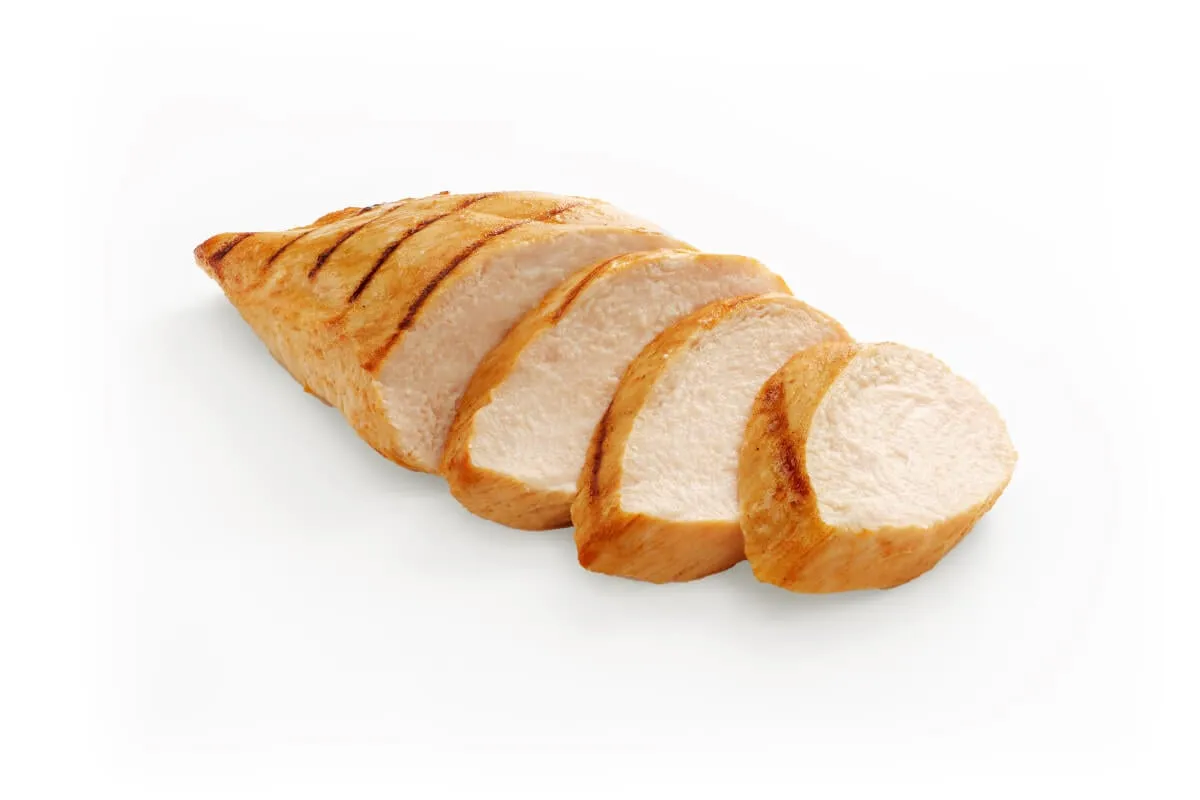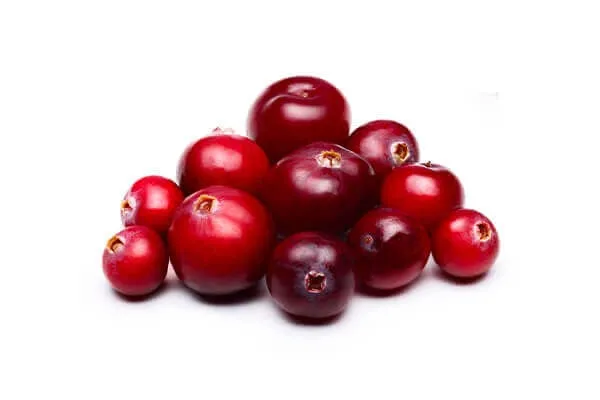Urinary tract issues are a common concern for many feline companions, ranging from discomfort to serious health complications like blockages. As a dedicated cat owner, understanding how nutrition plays a crucial role in maintaining your cat’s urinary health is paramount. This article delves into the specifics of Urinary Diet Cat Food, explaining its benefits, key ingredients, and how it helps prevent and manage common conditions such as struvite and calcium oxalate stones. Selecting the right urinary diet cat food is a vital step in ensuring your cat lives a comfortable, healthy life, free from the distress of urinary problems.
The Importance of a Specialized Urinary Diet for Cats
Feline lower urinary tract disease (FLUTD) encompasses several conditions that can affect a cat’s bladder and urethra. These can manifest as painful urination, frequent attempts to urinate, or even life-threatening blockages. One of the most common causes of FLUTD is the formation of urinary crystals and stones, primarily struvite and calcium oxalate. A specialized urinary diet cat food is specifically formulated to help manage these issues by creating a urinary environment that discourages crystal formation. This is achieved through carefully controlled mineral levels, particularly magnesium, phosphorus, and calcium, and by promoting an optimal urinary pH.
How Urinary Diet Cat Food Works
Urinary diet cat food works on several fronts to support feline urinary health. Firstly, it often contains controlled levels of minerals such as magnesium and phosphorus. High concentrations of these minerals can contribute to the formation of struvite crystals. By reducing these levels, the diet helps prevent their development and can even aid in dissolving existing struvite stones. Secondly, these diets are typically formulated to promote a slightly acidic urinary pH, which further discourages struvite formation while also helping to prevent calcium oxalate stones, which thrive in more alkaline environments.
Many urinary diets also feature increased moisture content, either through wet food formulas or by encouraging higher water intake, which helps dilute urine. Diluted urine means a lower concentration of minerals, making it harder for crystals to form and accumulate. Adequate hydration also encourages more frequent urination, flushing the urinary tract and reducing the risk of bacterial growth and stone formation.
Key Ingredients for Optimal Urinary and Weight Management
A high-quality urinary diet cat food not only targets urinary health but often incorporates ingredients beneficial for overall well-being, including weight management. Given that obesity can exacerbate urinary problems in cats, a diet that addresses both aspects is highly advantageous.
Protein and Muscle Support
Real chicken is often the first ingredient in premium urinary diets, providing a high-quality protein source essential for maintaining strong muscles. Chicken meal further enriches the protein content, offering supplemental energy and nutrients that are crucial for active felines.
 A close-up image of cooked chicken, a primary protein source for feline muscle development
A close-up image of cooked chicken, a primary protein source for feline muscle development
Digestive Health and Nutrient Absorption
Ingredients like flaxseed are excellent sources of omega-3 fatty acids, which promote a healthy skin and coat, and also provide fiber that aids in digestion. Potatoes offer easily digestible carbohydrates, alongside essential vitamins (B & C) and minerals (potassium, iron, magnesium), contributing to sustained energy.
Natural Antioxidants and Urinary Support
Cranberries are well-known for their antioxidant properties and their traditional use in supporting urinary tract health. They are a good source of vitamins C, E, and K, as well as manganese. Similarly, blueberries provide a rich supply of vitamins C and E, potassium, and fiber, further enhancing antioxidant enrichment. These natural ingredients help support the overall health of the urinary system and boost the cat’s immune response.
Essential Amino Acids and Weight Management
Taurine is an essential amino acid that cats cannot produce on their own. It is vital for maintaining healthy vision and cardiac function, making it a critical supplement in cat food formulas. L-Carnitine is another important amino acid known to support healthy weight by helping to metabolize fats into energy. Carrots contribute beta-carotene, fiber, vitamin K1, potassium, and additional antioxidants, supporting overall vitality.
The Power of LifeSource Bits™
Many advanced urinary diet cat food formulas incorporate specialized nutrient blends, such as LifeSource Bits. These are a precise mixture of antioxidants, vitamins, and minerals, carefully chosen by veterinary nutritionists. They are designed to support a cat’s immune system health, meet specific life stage requirements, and promote a healthy oxidative balance. A unique aspect of these bits is that they are often cold-formed during manufacturing. This process minimizes heat exposure, helping to preserve the potency and bioavailability of heat-sensitive nutrients, much like how cooking vegetables at high temperatures can reduce their nutritional value.
 Close-up of small kibble pieces mixed with darker, nutrient-rich LifeSource Bits for cats
Close-up of small kibble pieces mixed with darker, nutrient-rich LifeSource Bits for cats
Understanding Guaranteed Analysis and Feeding Guidelines
When choosing a urinary diet cat food, always review the Guaranteed Analysis. This section provides a detailed breakdown of the nutritional content, including minimum percentages of crude protein, crude fat, and maximum percentages of crude fiber and moisture. For urinary diets, pay close attention to the maximum levels of magnesium and sodium, as these are crucial for managing urinary health.
Feeding guidelines typically offer recommendations based on your cat’s weight, providing ranges for both weight reduction and maintenance. It’s important to remember that these are general guidelines. Individual nutritional requirements can vary significantly due to factors like age, breed, environment, and activity level. Always consult your veterinarian to obtain a personalized recommendation tailored to your cat’s specific health needs and to ensure optimal body condition.
Transitioning to a New Diet
Transitioning your cat to a new urinary diet should be done gradually over a 14-day period, always with veterinary approval. Start by mixing 25% of the new food with 75% of their old food, slowly increasing the proportion of the new food each day until your cat is fully transitioned. Ensure fresh, cool water is always available.
 Various fresh cranberries, a natural ingredient known for supporting feline urinary tract health
Various fresh cranberries, a natural ingredient known for supporting feline urinary tract health
The True BLUE Promise: Quality and Purity in Feline Nutrition
Reputable brands offering veterinary diets often adhere to strict quality standards, which can be summarized as a “True BLUE Promise” or similar commitment. This generally means the food is formulated with the finest natural ingredients, prioritizing real deboned chicken as the first ingredient. Such diets typically exclude common allergens and undesirable fillers like chicken (or poultry) by-product meals, corn, wheat, or soy. Furthermore, they pledge to contain no artificial flavors or preservatives, ensuring a pure and wholesome meal for your feline companion. This commitment to natural ingredients underscores the brand’s dedication to your cat’s health and well-being.
Conclusion
Choosing the right urinary diet cat food is a critical decision for cat owners whose pets are prone to or suffer from urinary tract issues. These specialized diets offer a scientifically formulated approach to manage conditions like struvite and calcium oxalate stones, often incorporating additional benefits for weight management. By understanding the key ingredients, the mechanisms by which these foods work, and the importance of veterinary guidance, you can make an informed choice that significantly enhances your cat’s quality of life. Always consult your veterinarian to determine the most appropriate urinary diet cat food for your beloved feline friend, ensuring they receive the superior nutrition necessary for their specific health needs.
